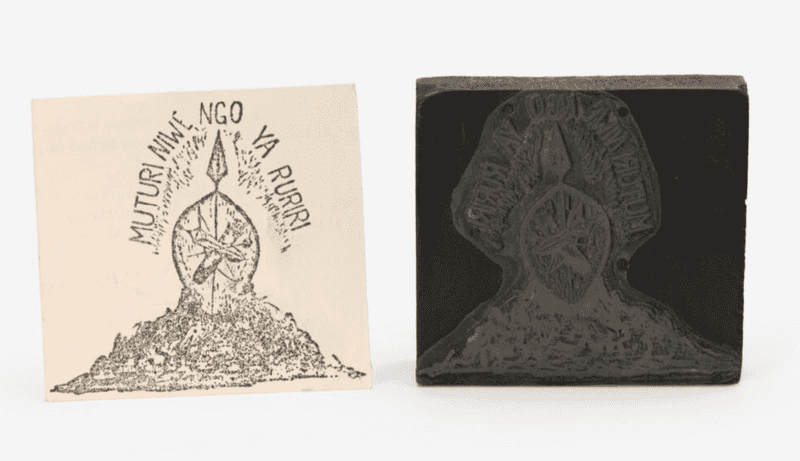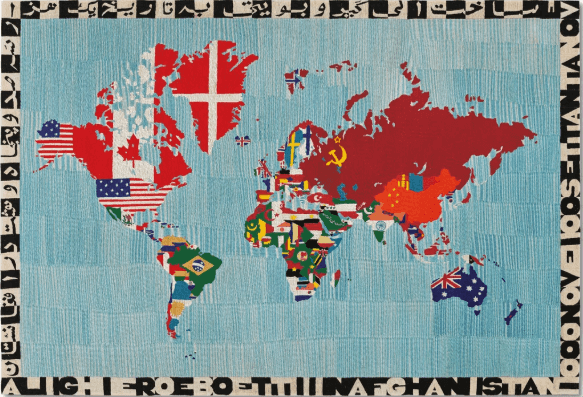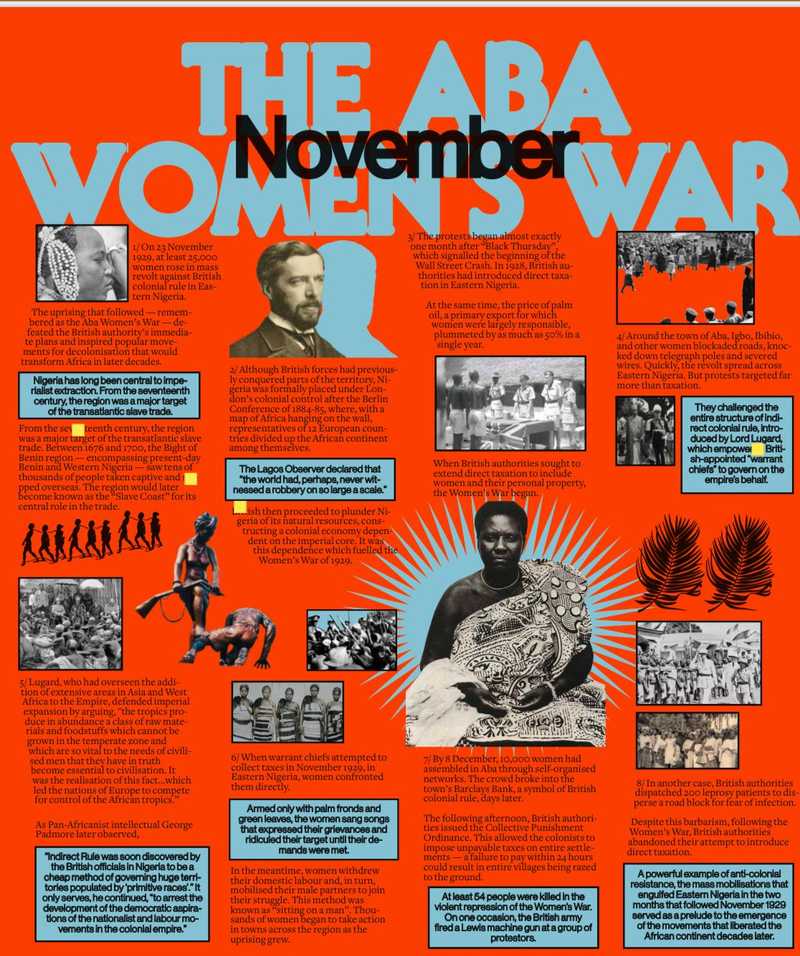
The people of Kenya are facing an economic crisis. In the last year, the prices of staple goods such as sugar, carrots and onions have risen by 50 percent. The price of maize flour doubled in the last two years. Wages, on the other hand, haven’t kept up with prices; ninety percent of Kenyans earn the same or less than they did in 2020.
Rather than act decisively in the interests of the struggling people of Kenya, the government of President William Ruto surrendered Kenya’s sovereignty to the International Monetary Fund, the United States and NATO. It earned Ruto the first African leader’s state visit to the United States in 16 years and the opprobrium of his people.
The Ruto administration introduced a number of new taxes and doubled the value-added tax on fuel, leading to record-high prices for essentials. Furthermore, the Finance Bill of 2024 increased additional taxation on everyday goods, including bread, cooking oil and sanitary towels.
In June, the people of Kenya poured into the streets of Nairobi and other cities to protest these hikes. In response, police and military forces barricaded major roads and assaulted, gassed, and executed protesters in broad daylight.
At the end of the month, Ruto was forced to withdraw some of the IMF-dictated policies. But the story isn’t over. The people of Kenya are now locked in a struggle for their sovereignty.
IMF interference in domestic economic affairs is nothing new for Kenyans. IMF policies were forced on Kenyans in the 1990s and again in 2011 and 2013, and they are well aware of the consequences. That’s why despite risking arrest and death, so many have taken to the streets to demand that Ruto Must Fall and be replaced by a new government willing to reclaim Kenyan sovereignty and popular dignity.
Kenya’s self-determination has implications far beyond East Africa. As a "major non-NATO ally" of the United States, Kenya is increasingly becoming the tip of the spear of imperialist aggression both regionally and globally. Last year, Kenya joined European states in pushing for military intervention in Niger. Recently, the first contingent of 400 Kenyan police officers arrived in Haiti — proxies in the US’s neo-colonial designs for the long-suffering island.
The Progressive International stands firmly with the people of Kenya. A victory for the Kenyan people would mark a defeat for imperialism everywhere and a milestone in the struggle for popular sovereignty.
Latest from the Movement
British progressives earn parliamentary foothold as Labour wins “loveless landslide”
Britain's general election on 4 July saw a rejection of the political class, producing a loveless landslide. After 14 years of wretched rule, the despised Tories were thrown out on their ear, earning less than half the votes of the last general election. The Labour Party lost half a million votes in the previous general election but was rewarded with almost two-thirds of the seats with only a third of the votes, owing to the quirks of the British electoral system.
The three PI Council members running in the election held their seats. John McDonnell and Zarah Sultana won as the left flank of the Labour Party and Jeremy Corbyn, the party’s former leader, barred from standing by Starmer’s establishment Labour Party, won as an independent.
Against a do-nothing Labour administration, the hard right — either under the leadership of the Conservative Party of Nigel Farage's Reform UK — will seek to form the main pole of opposition. But against that is the possibility of a progressive bloc emerging, after the Greens and pro-Palestinian independents, including Jeremy Corbyn, took a combined nine seats, four more than Farage's Reform UK.
Despite Labour's huge loveless landslide, politics in Britain is pregnant with possibility, both for the forces of the reactionary right, to which Labour will likely pander, and the progressive left. The latter can walk tall. The British establishment, including Starmer's Labour Party, tried to bury the left after the shock of Corbyn nearly becoming prime minister in 2017. Bury the left they did, but only to discover that they were seeds.
10-hour shifts, 35-degree heat, no bathroom breaks
According to new research by UNI Global Union, nearly 90% of Amazon’s warehouse workers in India are so overworked that they don’t have the time to go to the bathroom. The workers earn around $120 per month to work 10-hour shifts, often in 35 C heat. The survey comes off the back of workers testifying they were made to pledge to not take any breaks, including to drink water or go to the bathroom, until they met their productivity targets. The scandal was widely covered in Indian and international media.
At the same time, 3,000 workers at Amazon’s Coventry warehouse in the UK have begun voting in a historic trade union recognition ballot that could allow them to bargain collectively for rights and pay for the first time. The vote is a preliminary peak in the labour struggle at Amazon UK after more than a year of strikes, where workers demand pay of £15 an hour and a seat at the table in negotiations.
This week, their trade union GMB and progressive allies have rallied at demonstrations across the North and South of England, Wales and Scotland to mark the day workers cast the first votes. A separate rally outside Amazon’s London HQ saw trade union leaders hand over a petition with 30,000 signatures in support of the workers. As Amazon has ramped up its union-busting tactics before the vote, workers need all the support they can get. You can show yours by sharing a message of solidarity on X, Facebook and Instagram. The result of the vote is expected on 15 July.
Art of the Week: This Mau Mau hand stamp depicts Mount Kenya with the proverb: 'MUTURI NIWE NGO YA RURIRI' (A Blacksmith is the shield of the tribe).
Between 1952 and 1960, the Mau Mau rebellion was the longest anti-colonial conflict in British Kenya. Kikuyu women and girls played a significant role in a community-style resistance as Mau Mau freedom fighters retaliated from forests and mountain areas where local women had leadership positions.



